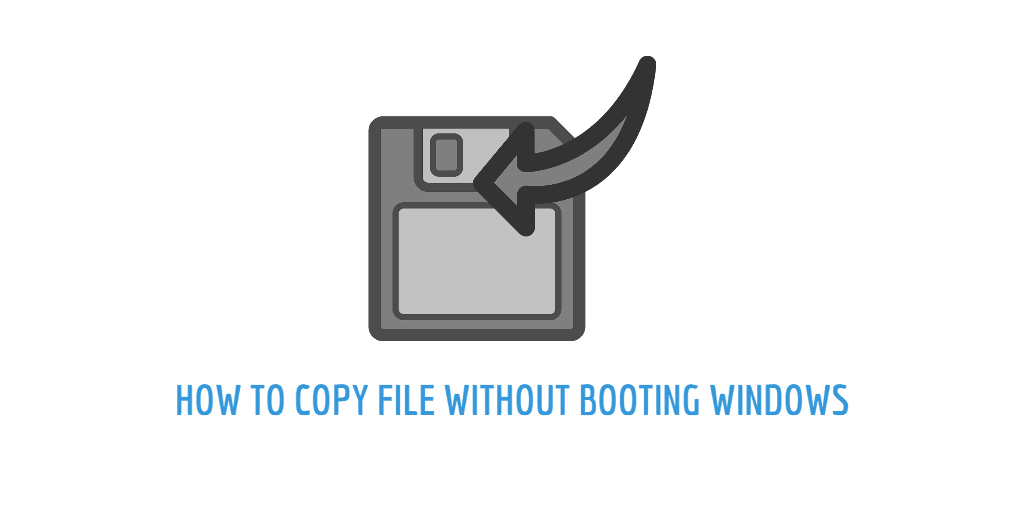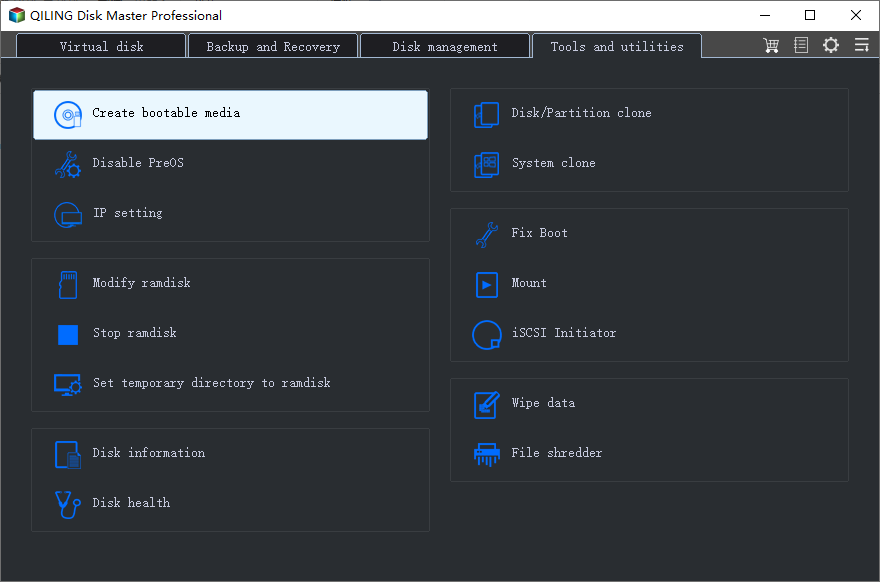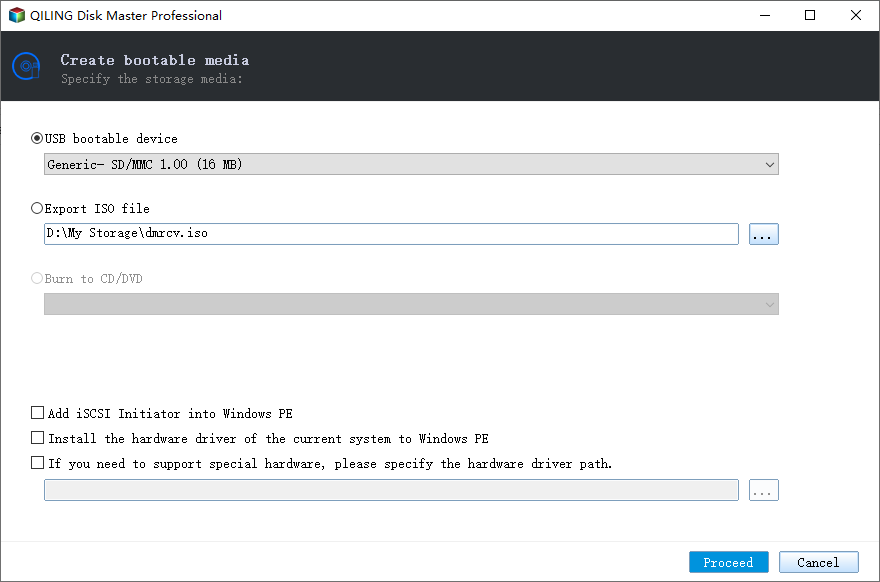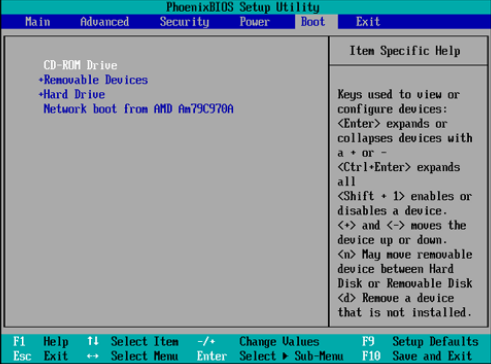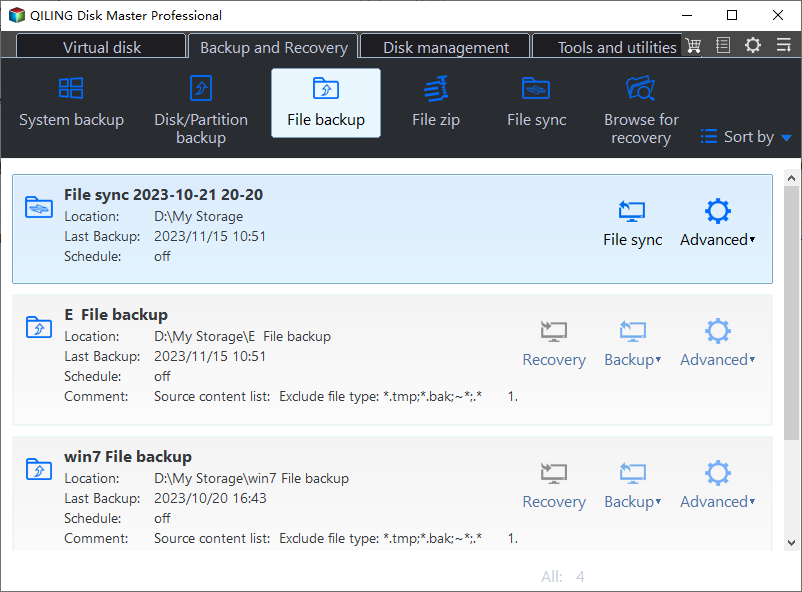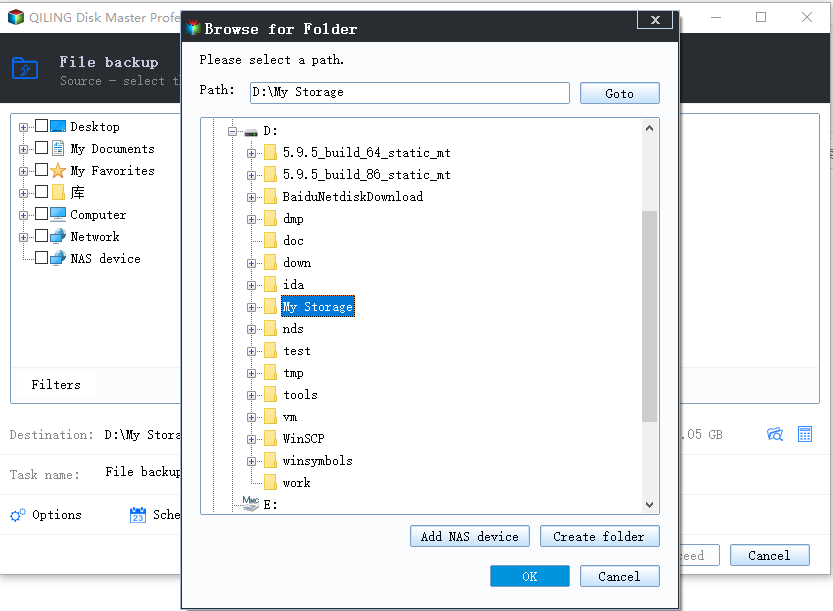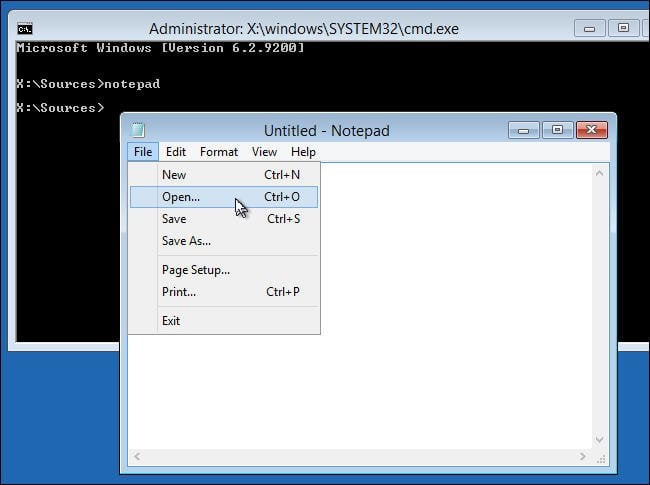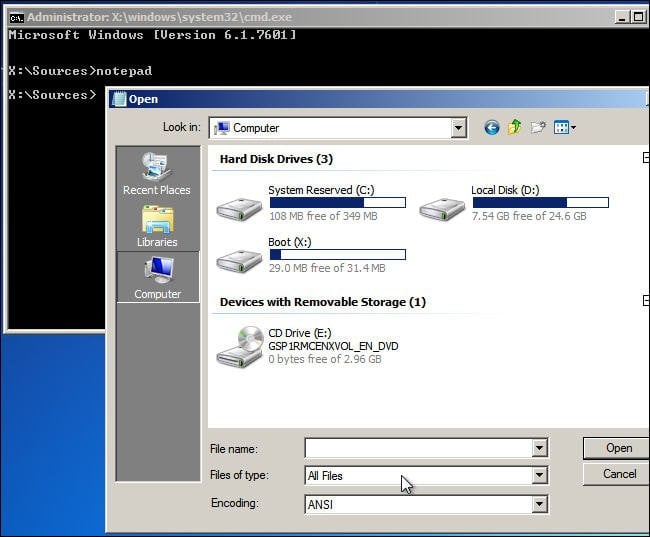How to Copy Files without Booting Windows (Step by Step)
Case: I want to copying files without booting Windows
Hello. I'm looking for a way to copy files without Windows Explorer, maybe without Windows operating system. My Dell PC almost died and I built a new one. I don't think I can boot the Dell PC correctly. But I need all personal files on the Data drive. Is there an approach where I can access the drive and get my files? Thanks.
Rescuing files from a problematic computer is often the primary reason for copying without Windows. System errors, disk failures, or operator mistakes can cause a computer to fail to boot properly, leaving you with no choice but to transfer important data from the hard drive without Windows.
Some users may want to copy files without the Windows environment to reduce external interruptions and increase efficiency. Whatever the reason, finding a way to do this is more important.
How to copy files without booting Windows 11/10/8/7 easily
There are many ways available in this situation. Finding the simplest one could save your time and effort. Here I'll introduce two ways in detail.
- To copy data on a hard disk without Windows, you can use a live Linux distribution such as Ubuntu or a bootable USB drive. First, create a bootable USB drive with a Linux distribution. Then, connect the USB drive to the computer and boot it.
- Way 2. Transfer files without operating system via CMD
Way 1. Easiest way to copy any data on hard disk without Windows
Qiling Disk Master Standard, the best free backup software for Windows, helps by using a USB flash drive as bootable media, allowing you to copy files to another place like external storage, NAS or network share in Windows Pre-install Environment (WinPE).
In short, it will copy files in two parts. The first one is creating a bootable USB drive and the second one is copying files with the bootable media. Let's take a closer look.
Before you start, download and install Qiling Disk Master Standard on your computer, then follow the steps below.
Tip: If you're unable to boot Windows correctly, you can install the software on another Windows-based computer to create bootable media.
1. Connect a USB flash drive (or CD/DVD disc) with a capacity of more than 14GB, then run Qiling Disk Master and navigate to "Tools" > "Create Bootable Media".
Note: You can also enable the boot option of Qiling Disk Master recovery environment by choosing "Recovery Environment" under "Tools", allowing you to perform backup/restore from boot even without bootable media, which is a feature available in �iling Disk Master Professional.Qiling Disk Master Professional.
Notice: Qiling Disk Master will detect if you need to install Windows AIK or not, and will prompt you to install it first if necessary, typically for Windows XP or Vista users.
2. On the "Select Bootable Media" page, select the "USB Boot Device" option and click Next. The operation will then start, and once it completes, click "Finish" to finalize the process.
Disconnect the bootable media and shut down your PC. Reconnect the media to the target PC, power it on, and enter the BIOS boot menu by pressing Del or F2 key (or following on-screen prompts). In the BIOS, change the boot order to prioritize the bootable media. This will allow you to perform the copy task on the target PC.
3. Set the bootable media as the first boot device and press F10 to save changes.
4. You will be able to see a loaded Qiling Disk Master Standard again, click "Backup" and then "File Backup".
5. To copy specific folders or files, click on the "Folder" or "Files" option to select the desired items.
6. Select a destination path where you want to copy files, such as an external storage device, NAS, or network share, making sure it's connected in advance.
7. To complete the task, click the "Proceed" button to execute it, then wait for it to finish. Once done, close the program and shut down the computer.
Tips:
◐ If you have a Qiling account, you can back up files to Qiling Cloud, which offers 1TB of free storage for 15 days after signing up.
◐ To use the files in the backup image, you need to perform �ile restore first.file restore first.
Way 2. Transfer files without operating system via CMD
If you have an Installation Disc, Recovery Drive, or Repair CD that contains the recovery environment, you can insert them to access advanced options in WinRE. If not, try powering on the computer, shutting it down when the logo appears, and repeating this process 3 times, which should launch the recovery environment.
To copy files without Windows, connect your storage device (such as a USB flash drive) to your computer and follow these steps:
1. Go to "Repair your computer" or "Advanced Options" to open "Command Prompt".
2. Type "notepad.exe" in the Command Prompt and press Enter.
3. In Notepad, click "File" and then "Open" or "Save as" to access the mini File Explorer where you can access the files you need.
Select "All Files" as the file type, allowing you to view all files on the computer.
4. To transfer data from your device to a connected device, right-click the data you want to transfer and select the option to copy it. Then, go to the connected device and right-click to select the option to paste the copied data.
This method allows for copying without the need for third-party tools, but is more suitable for non-system files.
Foster a habit of backup to protect data
Having a computer fail to boot can be quite a hassle, especially when it comes to retrieving important files. To avoid this stress, it's a good idea to build the habit of backing up your files regularly. This way, even if your computer experiences technical difficulties, you'll have a secure copy of your data to fall back on.
Qiling Disk Master Standard is a backup software that allows you to create file, system, and disk backups on a regular basis, with options for daily, weekly, and monthly backups. It also supports incremental and differential backup types, helping to save disk space. Once you've created a backup task, the software will automatically take care of the rest, allowing you to focus on other tasks. This makes it a convenient tool to have installed, especially when you've copied files from a Windows system to back up your important data.
Related Articles
- Best Way to Backup Hard Drive without Booting Windows
This tutorial will show you how to backup hard drive disk (HDD) without booting Windows or by creating Windows PE backup bootable image with Qiling Disk Master. - How to Backup Data from Hard Disk without OS?
If you want to backup data from hard drive without booting Windows, read this guide to get three effective methods. - 5 Ways to Easily Transfer Files from Old PC to New PC
This article will show you 5 methods to transfer files from old PC to new PC in Windows 7/8/10. Scroll down to learn more. - Best Free GoodSync Alternative for Windows 7/8/10
Learn more about GoodSync and the best free GoodSync alternative - Qiling Disk Master. And how to sync files easily in Windows 11, 10, 8, 7.
